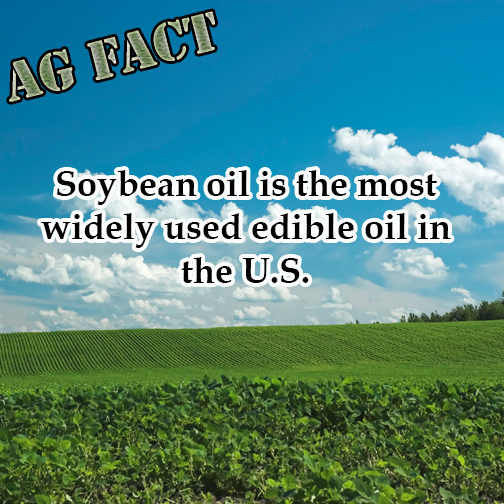
Soybean oil is the most commonly used edible oil in the United States, which could be because soybeans are some of the most widely cultivated and utilized plants. Native to East Asia, the beans are considered a legume.
Most soybean oil is refined, blended, and sometimes hydrogenated. Most margarine and shortenings contain soybean oil. Mayonnaise, salad dressing, frozen foods, imitation dairy, and meat products also contain the oil. In fact, soybean oil is primarily the main ingredient in most vegetable oils.
Since the oil has little flavor, it will enhance and support the natural flavors of prepared foods. That is because it allows the natural taste of the food to come through. Compared to other vegetable oils, soybean oil has good blending ability, which makes it the first choice of the general food industry.
Low in saturated fat, liquid soybean oil contains no trans-fats and is high in poly- and monounsaturated fats. It is also the main source of omega-3 fatty acids and the main commercial source of vitamin E in the U.S.
5 Health Benefits of Soybean Oil
Soybean oil is considered healthier than many other vegetable oils because it has a variety of essential fatty acids.
- Controls Cholesterol Levels. The oil can decrease the chance of atherosclerosis, also known as clogged arteries, and other heart conditions, like strokes or heart attacks. The fatty acids in the oil can regulate cholesterol levels.
- Helps with Alzheimer’s. Vitamin K has been connected with improving the symptoms of Alzheimer’s and soybean oil has a high level of the vitamin.
- Boosts Bone Health – Vitamin K is also good for your bones, it can stimulate bone development.
- Improves Vision – The Omega-3 fatty acids in soybean oil can help protect the cell membranes in your eyes. They also act as antioxidants to neutralize free radicals that can cause cataracts and macular degeneration.
- Skin Care – The oil has a high vitamin E content to will also act as an antioxidant to help protect the skin from damage, such as acne scarring and sunburns.
Want more Agriculture Facts? Click here
Follow us on Facebook and Twitter.
Sign Up for Our Email Newsletter and get ag facts bi-monthly, plus new jobs in agriculture






